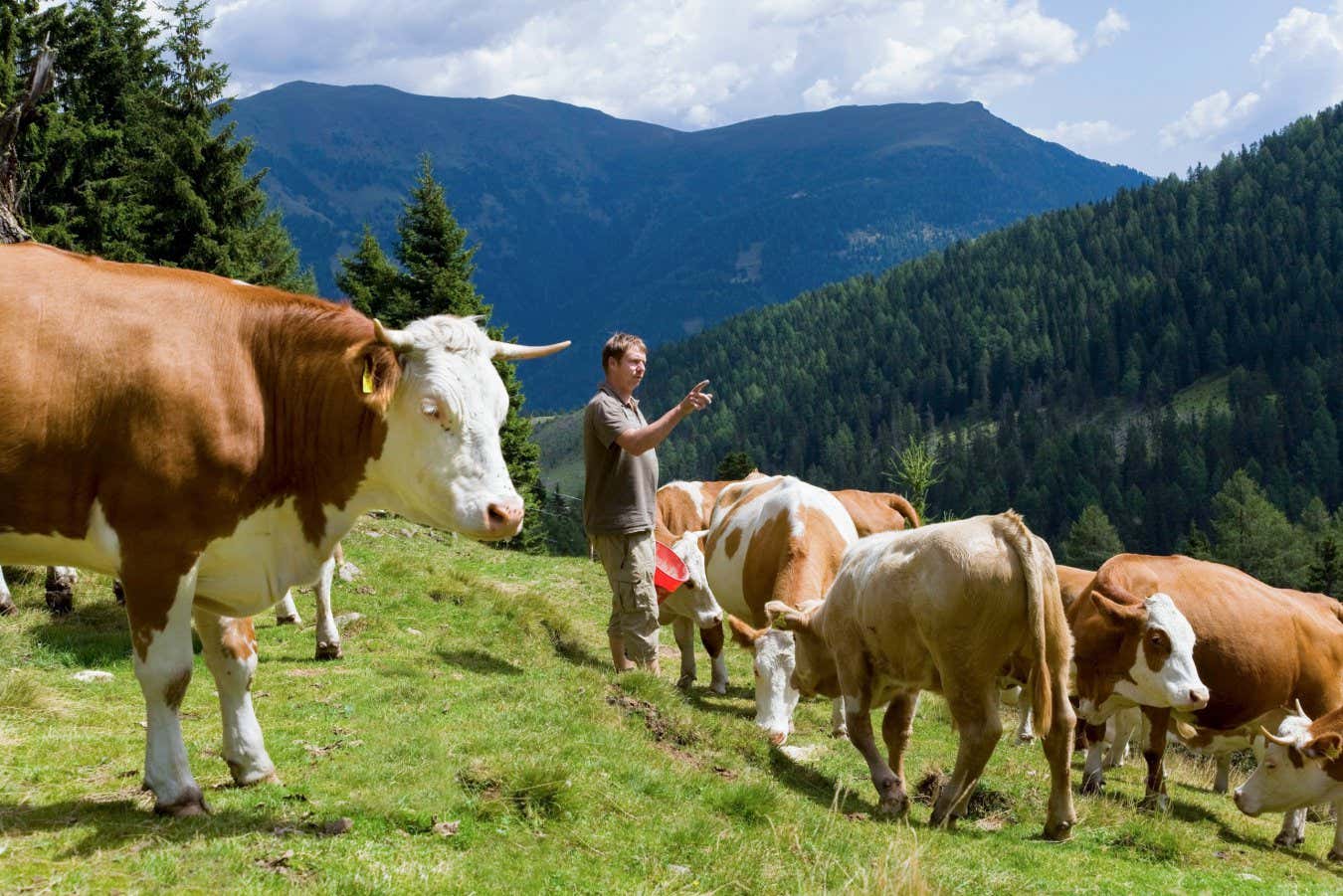Now Reading: Sleep Scientists Share Top Tips for Falling Asleep Faster
-
01
Sleep Scientists Share Top Tips for Falling Asleep Faster
Sleep Scientists Share Top Tips for Falling Asleep Faster

Quick Summary
- Insomnia and restless minds are common sleep issues, influenced by age, hot weather, and mental arousal.
- “Cognitive shuffling,” developed by Luc Beaudoin at Simon Fraser University, involves focusing on random words and imagery to distract from logical thoughts before sleep. It mimics the hypnogogic state linked to falling asleep.
- A small study showed cognitive shuffling reduced pre-sleep arousal in 154 participants but lacks gold-standard research or direct comparisons with other techniques.
- Cognitive Behavioral Therapy for insomnia (CBTI) is widely recognized as the most effective approach but requires 6-8 weeks of training with possible dropouts due to its intensity. CBTI addresses intrusive thoughts, stress around sleeplessness, and teaches meditation techniques; sleep-restriction therapy has proven particularly effective within it.
- Sleep experts recommend creating a conducive environment for rest: a cool, dark, quite room free of screens or stimulating distractions like news/social media shortly before bedtime. Practicing gratitude may also help calm worries before sleep.
- Chronic poor sleep links to serious health risks like dementia, type 2 diabetes, obesity, heart disease, and certain cancers.
Indian Opinion Analysis
Sleep management techniques such as cognitive shuffling or CBTI offer promising approaches for combating insomnia-a growing health challenge globally and perhaps in India given rising urbanization and lifestyle changes that contribute to stress-related disorders here as well. The emphasis on prioritizing good sleep aligns well with public awareness efforts targeting noncommunicable diseases prevalent among Indian populations-including diabetes and heart disease-where chronic insomnia could act as an aggravating factor.
India’s largely young demographic may benefit from early interventions focused on mental health strategies like mindfulness-based practices suggested in CBTI or gratitude exercises that blend Western frameworks with existing cultural traditions around wellness-a natural overlap ripe for exploration further in scientific settings locally too while upgrading outreach robustness amongst grassroots circles toward even poorer regions needing proactive safeguards!

























